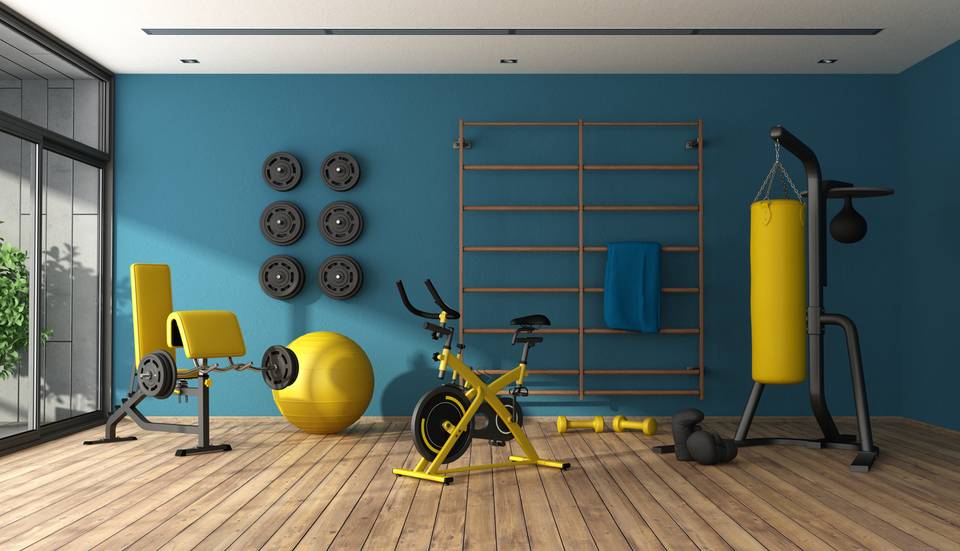During the pandemic, we weren’t going out as much, so suddenly people had to get creative about their home entertainment. Big-ticket items like brand-new televisions, hot tubs and laptops became popular purchases. In fact, based on a recent survey we conducted, 55% of respondents said they purchased a big-ticket item during the pandemic.
Out of that 55%, almost half decided they didn’t need to tell their insurance company about these purchases. While some larger items may already be covered by your homeowners' insurance policy, others will require an entirely separate policy.
Let’s look at a few big-ticket items, many of which people bought frequently in the last few years, so you can get a sense of what belongs on your insurance policy and what doesn’t.













